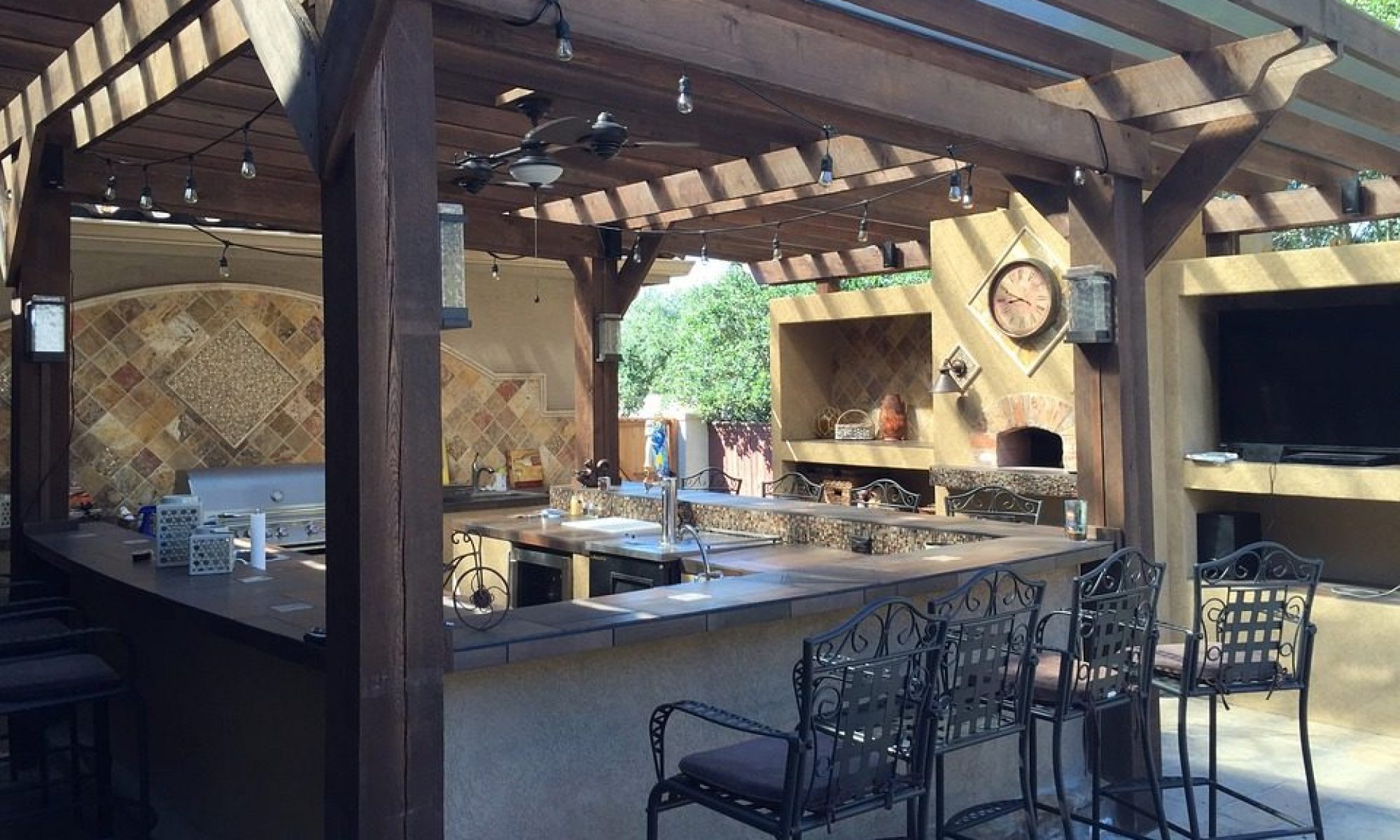Here are five things to consider when you find yourself tempted to live in an unknown or less-than-desirable neighborhood:
Commute time. For those who drive, the farther from work you live, the more expensive your commute is likely to be, gasoline and wear-and-tear on your car can be expensive.
If you opt for public transportation, make sure your chosen neighborhood provides easy access to the city bus system. While you are at it, study the bus routes, make sure that getting where you need to go will not take an excessive amount of time.
Walkability is also important, and if your new neighborhood is a short walk from work, you’re likely to save more in the long run. However, if you live in an area where it rains or snows, factor in the cost of frequent cab rides.
Access to necessities. Think about grocery stores, pharmacies and banks. Will it take 5 minutes to get to these facilities, or will it take you a half hour to get across town.
Make sure the quality and price of these nearby necessities are reasonable. You may have a grocery store nearby, but it might only carry gourmet products with expensive price tags. If you steer clear of processed foods and your local store doesn’t stock fresh produce, factor in the cost of transportation to another store. Check out reviews for local businesses in your area on review sites such as Yelp or Angie’s List to get an idea of what to expect.
Proximity to education. Proximity to good public schools is a major bonus for renters with children, especially if you are located on the bus route. However, if the schools nearby don’t have great education programs, some parents opt to send their children to private school. If you choose a private school, consider the cost of tuition, enrollment fees, uniforms and extra commute time.
Entertainment within reach. Great neighborhood entertainment options can make the difference between a house and a home for many prospective renters. Traveling outside your neighborhood for restaurants and nightlife can turn date night or drinks with friends into a costly endeavor, especially when you factor in additional transportation costs including taxis or lot parking for trendy restaurants in crowded neighborhoods. Besides nearby restaurants and shops, look to see if your neighborhood of interest offers free entertainment options such as public pools, parks and museums.
Easy access to loved ones. If you’re moving farther away from family, friends or someone you’re dating, commute costs and time can add up here, and even hurt your relationship.
According to a recent rent.com survey of 1,000 single renters, 43 percent of respondents said they would not be willing to date someone who lived more than 30 minutes from them. If you are willing to commute for love, keep commuting costs in mind when selecting a neighborhood.
Many factors that go into finding the right apartment for you and your budget, and not all of them are on the lease or in your unit. Research and spend some time in your prospective neighborhood to find hidden expenses or hidden gems.

